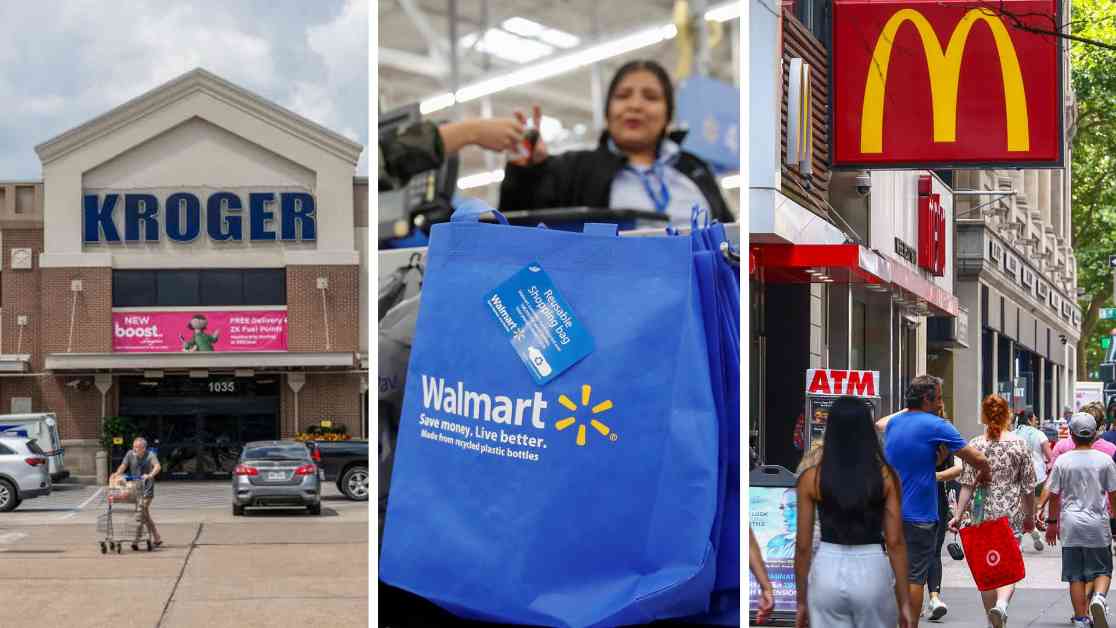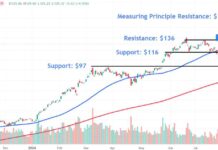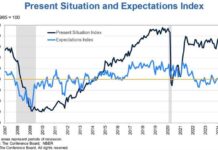Politicians and consumers are putting pressure on companies like Kroger, Walmart, and McDonald’s to lower their prices due to rising inflation concerns. The issue of high inflation has become a hot topic in the 2024 election, with Democrats like Senators Elizabeth Warren and Bob Casey questioning companies’ pricing strategies.
For example, Kroger received a letter from Warren and Casey criticizing the grocer’s use of electronic shelf labels that could potentially lead to surge pricing on high-demand items. Democrats are trying to capitalize on public frustration over inflation, with both parties making fighting inflation a key campaign focus.
In response to criticism, McDonald’s faced backlash on social media over the prices of its menu items, such as an $18 Big Mac meal at one location. The chain’s prices have been a target for Republicans looking to blame inflation on President Joe Biden’s economic policies. In light of the controversy, McDonald’s released fact sheets to clarify its pricing strategy.
Walmart has also come under fire for adopting technology that could result in dynamic pricing, as well as Kroger. Senators have raised concerns about these practices, accusing companies of profiteering at the expense of consumers struggling to afford basic necessities.
To combat criticism and maintain consumer loyalty, companies must be transparent about their pricing strategies and offer value to their customers. Some retailers, like Amazon and Walmart, have advertised back-to-school deals to attract customers with affordable prices. Similarly, fast-food chains like McDonald’s, Wendy’s, and Taco Bell have introduced value meals to provide affordable options to consumers.
As the debate over inflation continues, companies will need to justify their pricing decisions and demonstrate their commitment to offering value to consumers. By addressing consumer concerns and providing affordable options, companies can navigate the current economic landscape and maintain customer loyalty.

















